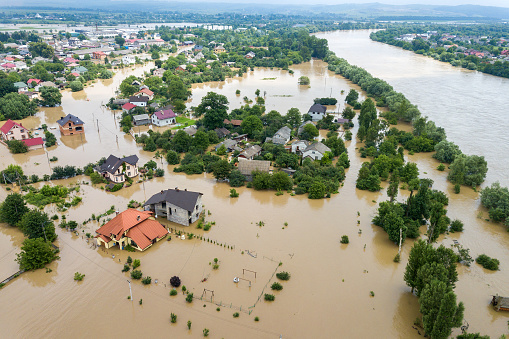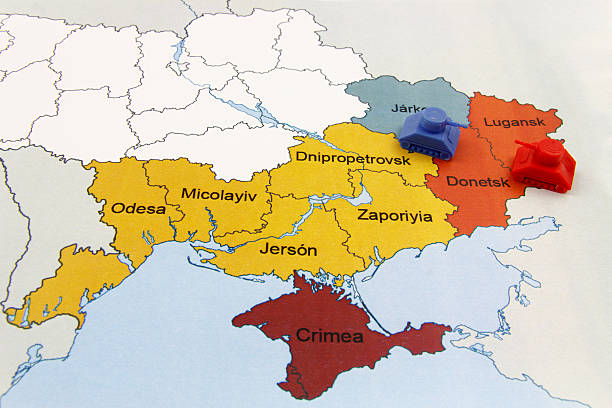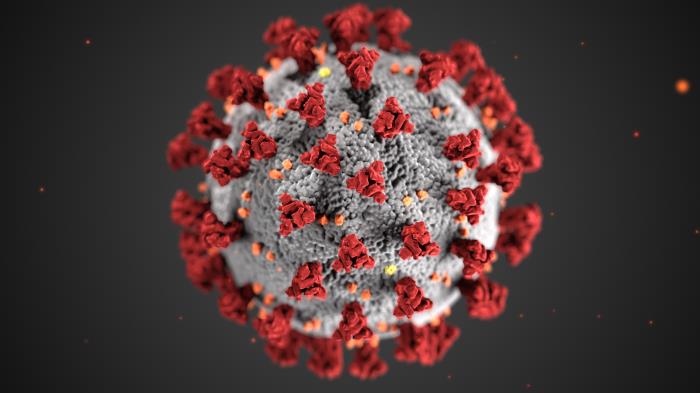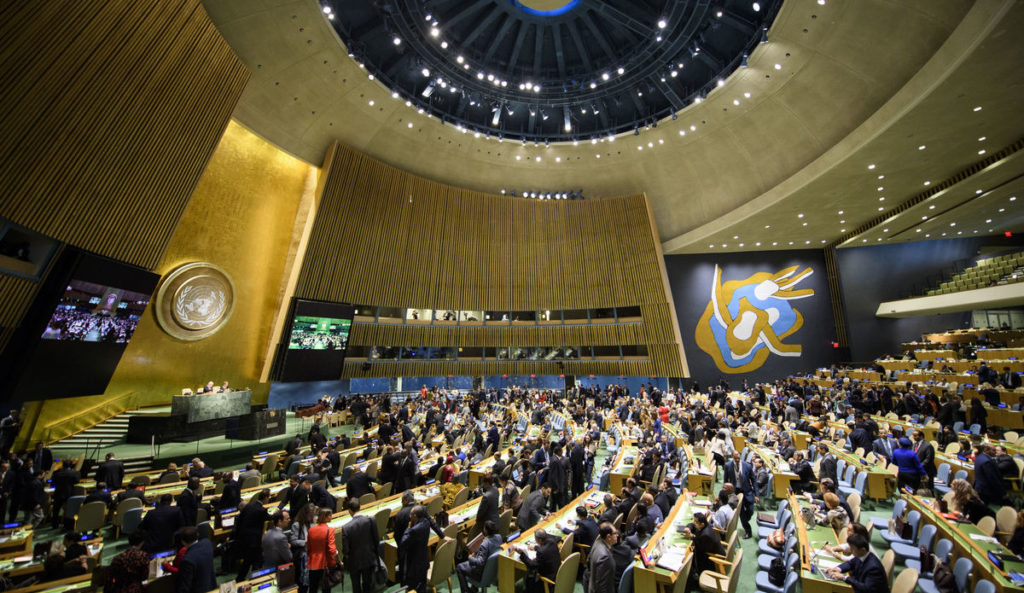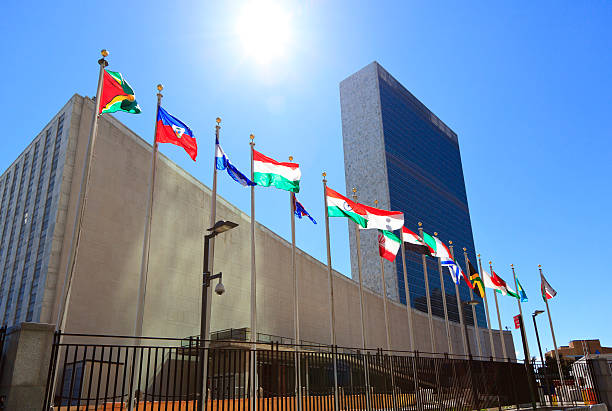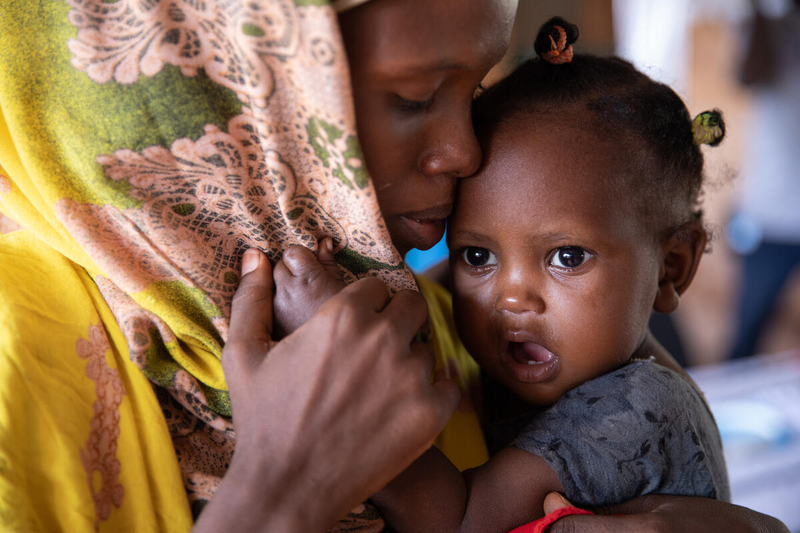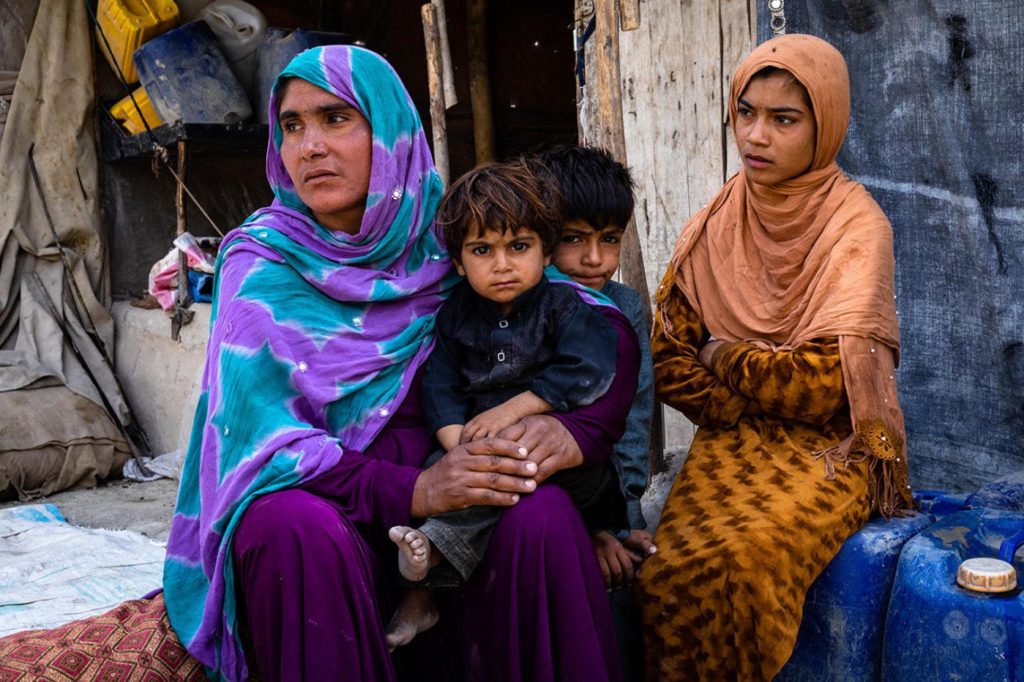Pakistan faces climate calamities after massive floods, U.N. says
New York, October 7 – The U.N. General Assembly has adopted a resolution calling for world assistance and solidarity with the people and government of Pakistan as one-third of the country was deluged, affecting 33 million lives and over 15 million people could be pushed into poverty.
U.N. Secretary-General Antonio Guterres, who visited Pakistan for a first-hand view of the destructions, said Pakistan was responsible for less than one per cent of global greenhouse gas emissions but it is now paying a “supersized price for man-made climate change.”
He said while the weather has improved and flood waters have receded mostly in the southern parts, the country is threatened with an explosion of heath diseases like cholera, malaria and dengue fever.
Floods have destroyed 1,500 health facilities, two million homes were damaged or destroyed and more than two million families have lost all possessions. The country also suffered severe losses in crops and livestock.
“Severe hunger is spiking,” Guterres said in an address to the 193-nation assembly. “Malnutrition among children and pregnant lactating women is rising. The number of children out of school is growing. Heartache and hardship – especially for women and girls – is mounting.”
The U.N. and Pakistan government have called for a pledging conference with an initial appeal of $816 million to meet the most urgent needs in the country through May 2023.
Csaba Kőrösi, the president of the assembly, appealed to governments to stand in solidarity with Pakistan with prompt responses to the country’s needs saying that “the price we are paying for delays rises each day.”
“This is a tragedy of epic proportions” that requires “immediate interventions,” to prevent a “permanent emergency,” he said.
The U.N. refugee agency (UNHCR) in Geneva said it needs urgent help for over 650,000 refugees.
U.N. News reported that Matthew Saltmarsh, the agency’s spokesperson, said Pakistan faces “a colossal challenge” to respond to the climate disaster, more support is need “for the country and its people, who have generously hosted Afghan refugees for over four decades.”
Saltmarsh reported on the latest estimates of the unprecedented rainfall and flooding, recorded at least 1,700 deaths; 12,800 injured, including at least 4,000 children; some 7.9 million displacements; and nearly 600,000 living in relief sites.
“Pakistan is on the frontlines of the climate emergency,” said Saltmarsh. “It could take months for flood waters to recede in the hardest-hit areas, as fears rise over threats of waterborne diseases and the safety of millions of affected people, 70 percent of whom are women and children.”
United Nations correspondent journalists – United Nations correspondent journalists – United Nations correspondent journalists – United Nations journalism articles – United Nations journalism articles – United Nations journalism articles – United Nations News – United Nations News – United Nations News
Pakistan faces climate calamities after massive floods, U.N. says Read More »

